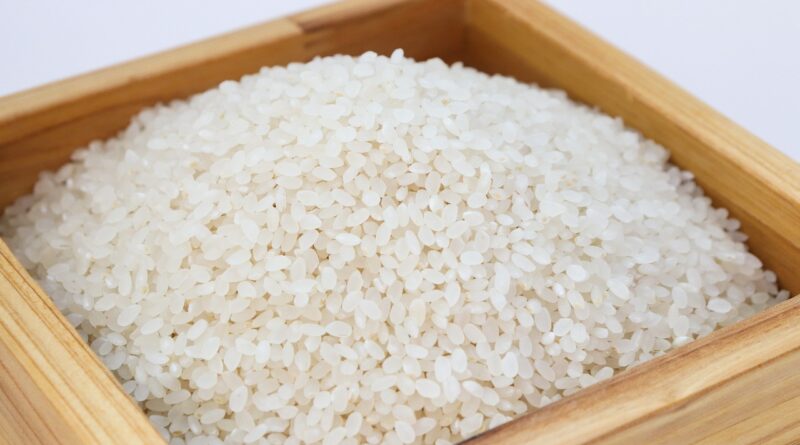Diplomatic appeals multiply as nations seek Indian rice amid global food insecurity
In the midst of intensifying global food insecurity, three key diplomatic partners of India — Singapore, Indonesia, and the Philippines — have issued urgent pleas to India, urging the nation to resume rice exports to alleviate mounting supply concerns. This appeal comes following India’s decision to temporarily halt non-basmati rice shipments as part of measures to stabilise domestic food prices.
Singapore, Indonesia, and the Philippines, all heavily reliant on India for their rice supplies, have found their food security threatened by disruptions caused by the El Nino weather pattern and escalating global uncertainties, including the Ukraine conflict.
They have implored India to reconsider its suspension of non-basmati rice exports.
Singapore, notably, has sought a substantial quantity of around 110,000 tonnes of rice from India, while Indonesia had previously declared its intentions to import 1 million tonnes of rice from India to counter potential shortages. The Philippines, too, heavily counts on India’s rice exports to meet its domestic needs.
Earlier, the United Nations World Food Programme urgently requested 200,000 tonnes of Indian rice for its vital humanitarian operations. The agency’s plea underscores the “catastrophic levels” of global food insecurity, a crisis compounded by the confluence of the pandemic and geopolitical tensions.
On the domestic front, India’s efforts to curb soaring food prices and inflation have led to measures such as export curbs, including the suspension of non-basmati rice exports. This strategy aims to bolster domestic supply and keep prices in check during a critical period.
In a parallel development, neighbouring Nepal has also raised its voice in the plea for food security. The Nepalese government has formally requested India to provide a million tonnes of paddy, 100,000 tonnes of rice, and 50,000 tonnes of sugar to counter possible food scarcity during the upcoming festive season.
Nepal, which heavily relies on imports, is taking precautionary steps to ensure a steady supply and avert potential hoarding-driven price hikes.
This article has been republished from CnbcTv18

